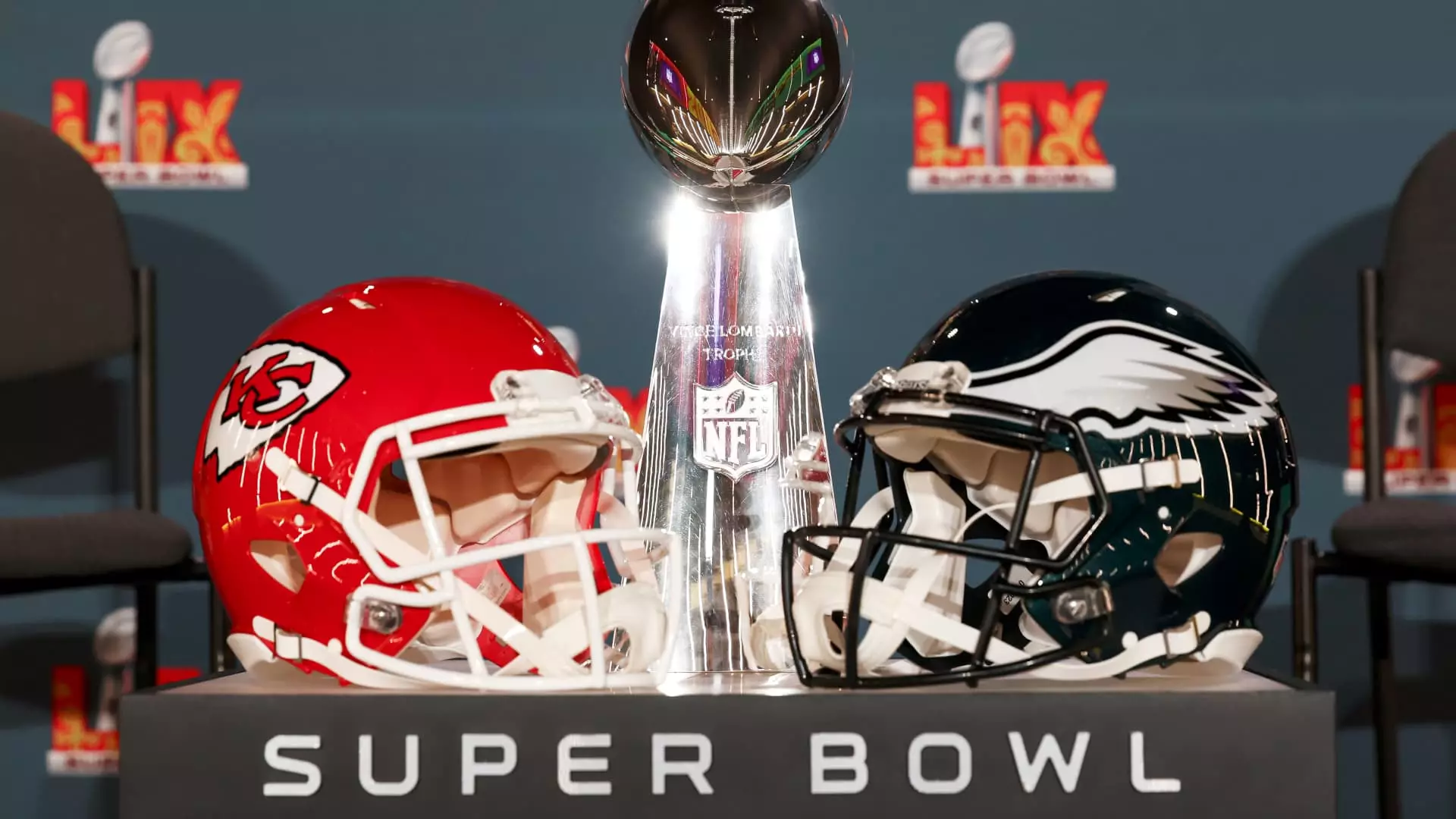The NFL’s recent crackdown on ticket reselling misconduct highlights a troubling reality within the sports industry—a lucrative underground economy flourishing around coveted events like the Super Bowl. Despite strict policies, the fact that over 100 players and numerous staff members were caught violating resale rules demonstrates a persistent temptation to monetize access. This isn’t merely about following regulations; it exposes a fundamental tension between integrity and financial incentives. The league’s effort to contain this practice reflects a recognition that the very commercialism that fuels these athletes and employees is sometimes betrayed by greed, undermining the sport’s credibility and trust with fans.
Systemic Issues and the Limits of Enforcement
The NFL’s approach, involving hefty fines and suspension from future ticket purchases, signals a firm stance. Yet, it also exposes a systemic problem: rules alone cannot fully prevent individual misconduct, especially in an era where financial gains are tempting enough to override ethical boundaries. The league’s internal investigation suggests a failure of oversight—players and staff actively selling tickets at profit, often to resale “bundlers,” reveals gaps in monitoring and accountability. While penalties may deter some, they also evoke questions about the underlying culture that allows such behavior to persist. Is this a reflection of a heightened materialistic mindset? Or simply the inevitable consequence of a highly competitive, high-stakes environment where every advantage counts?
The Ethical Dilemma and Fan Trust
At the core of this issue lies a deeper ethical conflict. Fans contribute their hard-earned money to support the sport, expecting a fair and transparent experience. When insiders profit from their positions, it erodes that trust. The NFL’s public stance—explicitly stating that no one should profit at fans’ expense—is admirable. However, compliance alone cannot resolve the systemic tension; it merely addresses the symptoms rather than the root causes. The league’s efforts to improve compliance training and increase penalties are reactive steps that must be complemented by fostering a culture of integrity. Without this shift, the cycle of misconduct may simply renew, further distorting the essence of competitive sports.
Balancing Commercial Interests with Ethical Standards
The NFL operates within a complex web of commercial interests, where lucrative broadcasting rights, merchandise sales, and ticket revenues fuel its operations. This economic reality complicates efforts to strictly regulate resale practices. While the league’s policies aim to protect consumers—fans—against scalping and profiteering, the underlying economic incentives often pull in the opposite direction. An overemphasis on profit can tempt insiders into unethical behavior, compromising the integrity that athletes and staff are entrusted to uphold. Achieving a healthy balance requires not only stronger enforcement but also a conscious cultural shift—prioritizing sportsmanship and community trust over short-term gains. Only then can the league genuinely uphold its promise of fairness and transparency while sustaining its economic vitality.


Leave a Reply